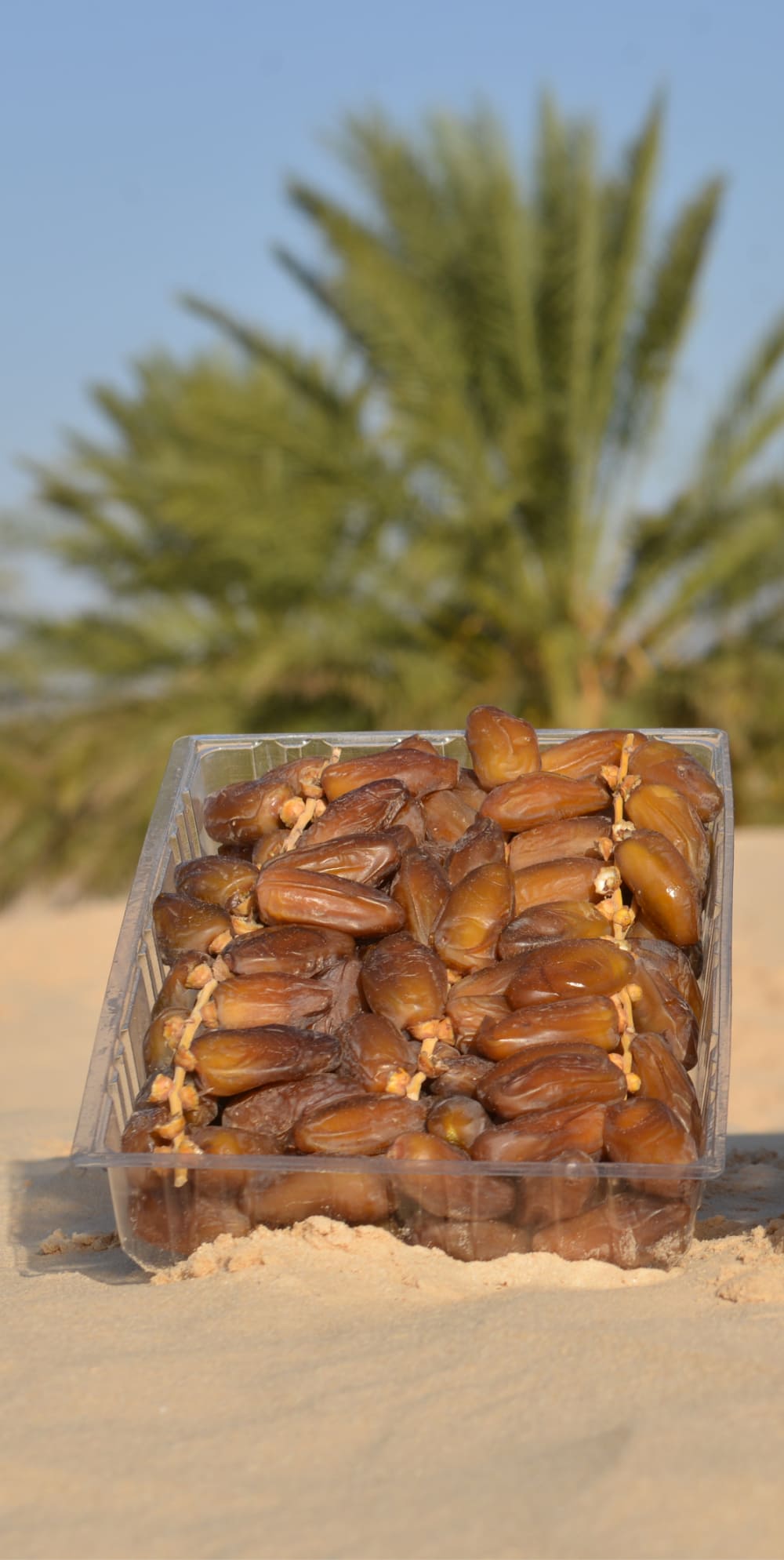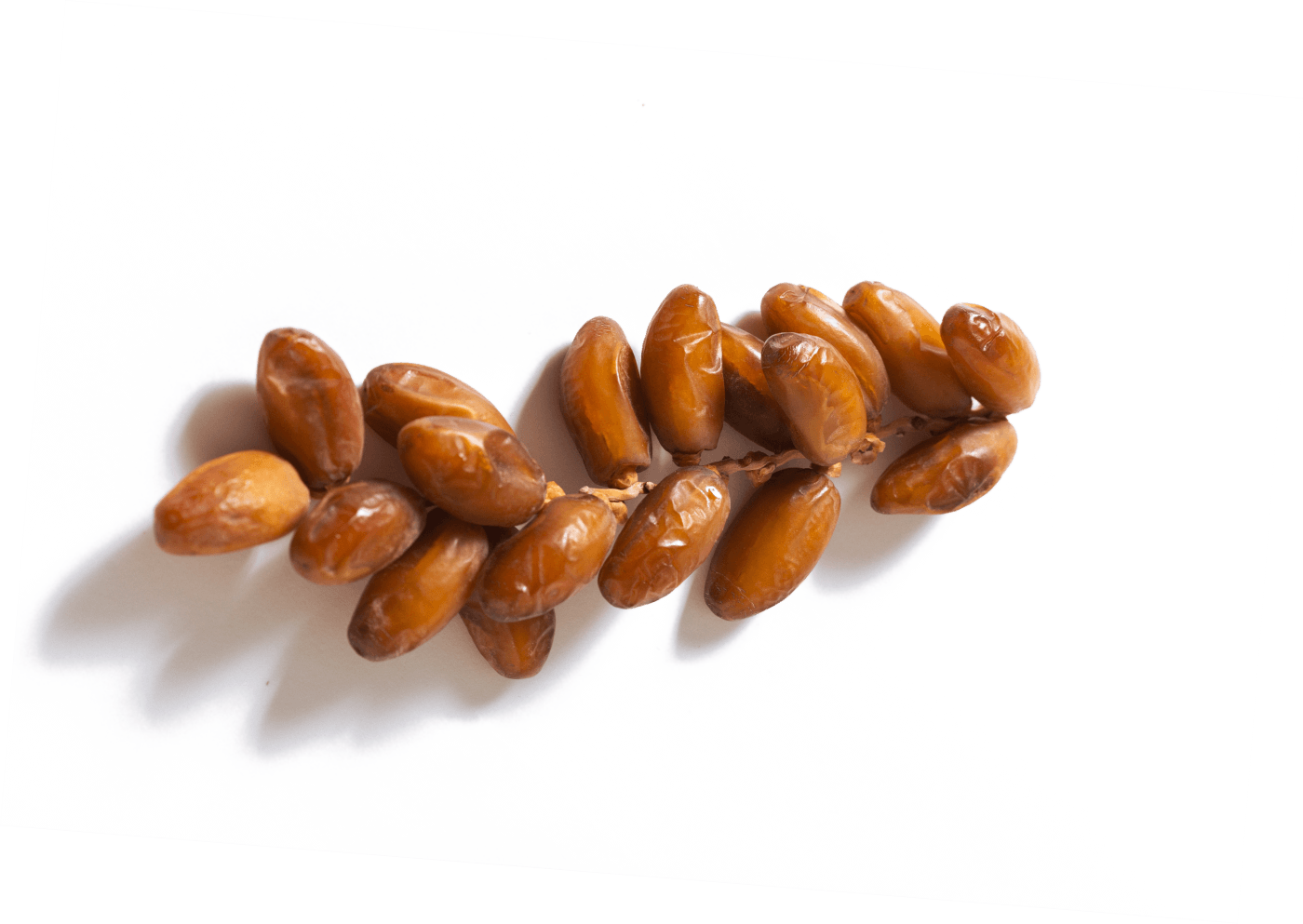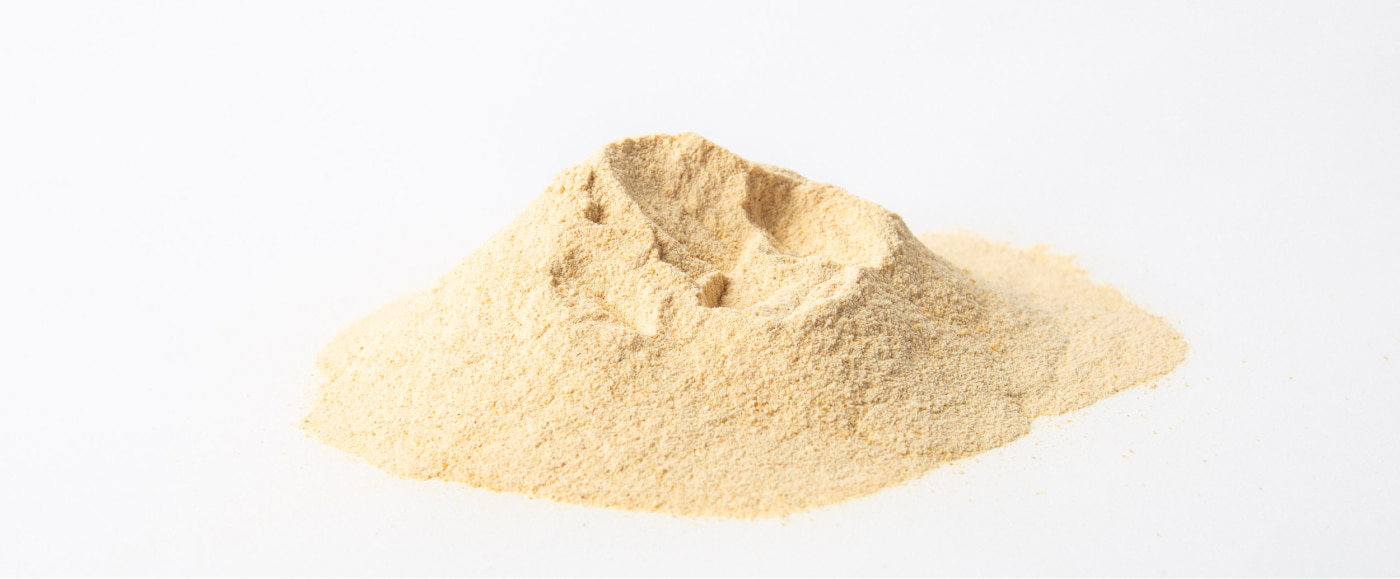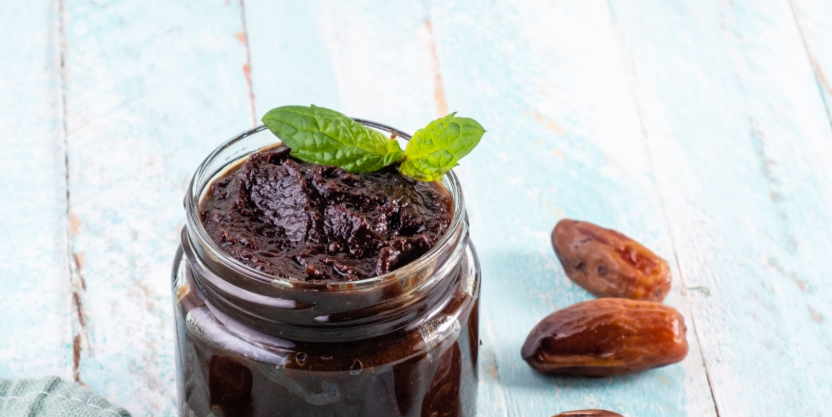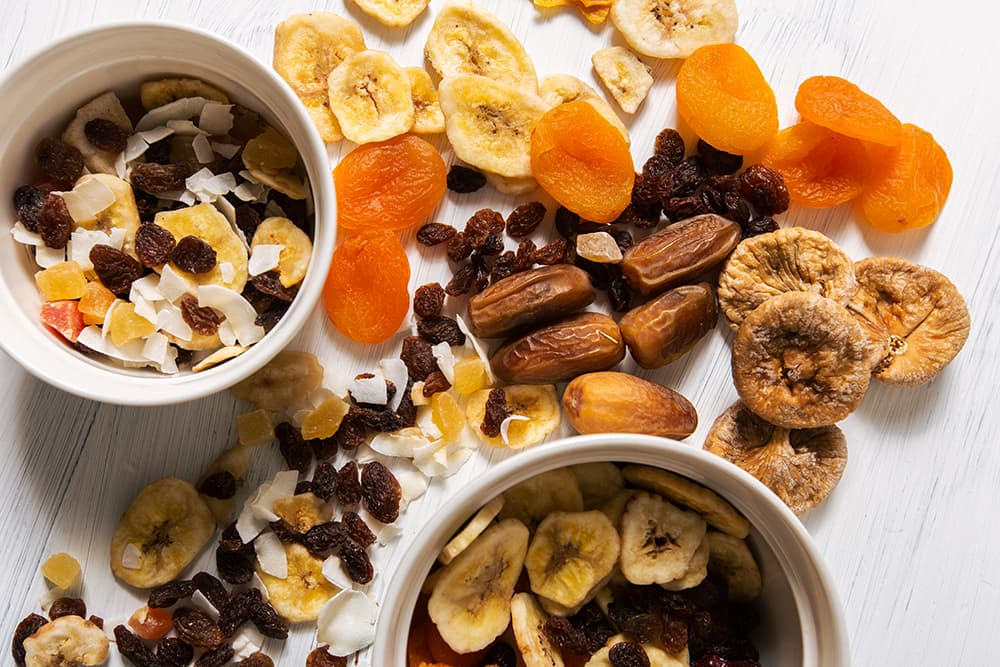World recipes with dates, exploring unique flavors
World recipes with dates, exploring unique flavors In a corner of the world, under the scorching sun of the desert, dates gently sway in the palms of date palms. But these sweet fruits are not limited to a single region;...
Read more
Date Powder: A Natural Sweetener with Nutritional Benefits
Date Powder: A Natural Sweetener with Nutritional Benefits Date powder is a natural sweetener derived from dried dates, a fruit primarily grown in warm regions of the world such as the Middle East and North Africa. This ...
Read more
El Monaguillo Date Paste
“El Monaguillo” date paste is a natural and versatile product that has become a healthy sweetener and an excellent alternative to refined sugars.
Read more
The Date: A Star in Healthy Food Innovation – An Artisan Bread with Omega-3 Wins the INNOBIOTEC 2025 Award
The date continues to make its mark in both gastronomy and food innovation. This time, it has done so in a big way—as the main ingredient in an artisan bread enriched with Omega-3, which has won first prize in the presti...
Read more
Dates: Natural Sweetness for Celiacs
More and more people are paying attention to what they eat, whether for health, well-being, or conditions like celiac disease, which requires a gluten-free diet. At El Monaguillo, we are committed to conscious, safe, and...
Read more
Sun-Dried Tomatoes: Flavor, Tradition, and Health with El Monaguillo
At El Monaguillo, we believe in what’s natural and authentic. That’s why we dry tomatoes traditionally, transforming them into a flavorful, nutrient-rich ingredient packed with healthy properties.
Read more
The Date: The Superfood That Was Always There
In a world where physical performance and health go hand in hand, more and more athletes are seeking natural, functional, and sustainable sources of energy. Among the foods that have gained prominence for their nutrition...
Read more
The Date Palm (Phoenix dactylifera)
Within the vast world of palm trees, the date palm, or Phoenix dactylifera, is one of the most recognized and valued species. It also goes by other names, such as common palm, tamara, or phoenix. This plant stands out no...
Read more
El Monaguillo: healthy snacks to enjoy anytime
El Monaguillo offers a wide range of 100% healthy snacks made from dehydrated and dried fruits, with no additives or added sugars, providing natural energy, fiber, and vitamins, all while being conveniently portable.
...
Read more
